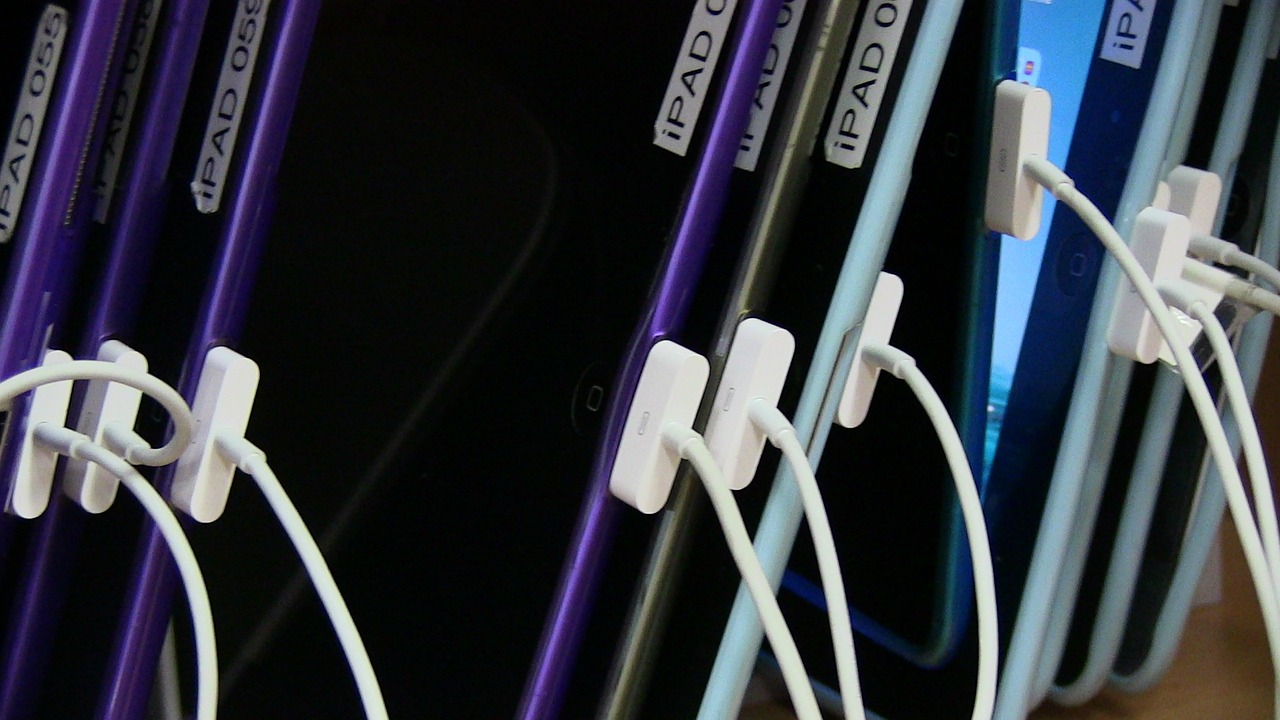The Future of Tech in Wearable Health Monitoring Devices
Wearable health monitoring devices have been rapidly evolving, offering users a glimpse into their overall well-being through real-time data tracking. These devices utilize advanced sensors to measure various physiological parameters, such as heart rate, blood pressure, and sleep patterns. The integration of artificial intelligence and machine learning algorithms has enabled these devices to provide insightful analytics and personalized recommendations to users, fostering a more proactive approach to managing their health.
Moreover, the miniaturization of components has led to the development of wearables that are sleeker and more comfortable to wear, promoting greater user adherence. The incorporation of features like GPS tracking and NFC technology has expanded the capabilities of these devices beyond just health monitoring, allowing users to conveniently access additional functionalities on the go. As wearable health monitoring devices continue to advance, they have the potential to revolutionize preventive healthcare by empowering individuals to take charge of their health and well-being.
Advancements in Biometric Sensors for Health Tracking
Biometric sensors have significantly evolved in recent years, offering innovative ways to track various health metrics effectively. From heart rate and blood pressure monitoring to sleep patterns and activity levels, these sensors provide real-time data that can help individuals better manage their well-being. The advancement in biometric sensor technology has allowed for more accurate and reliable health tracking, enabling users to make informed decisions about their lifestyle habits.
One notable development is the integration of biometric sensors into wearable devices, allowing for continuous monitoring throughout the day. This seamless integration enables users to track their health metrics effortlessly and conveniently, without the need for bulky external devices. With the continuous advancements in biometric sensor technology, the future looks promising for personalized health tracking and monitoring, empowering individuals to take proactive steps towards improving their overall well-being.
What are some of the emerging technologies in wearable health monitoring devices?
Some of the emerging technologies in wearable health monitoring devices include advanced biometric sensors, continuous glucose monitors, and smart clothing with built-in sensors.
How have biometric sensors advanced for health tracking purposes?
Biometric sensors have advanced in terms of accuracy, sensitivity, and miniaturization, allowing for more precise and reliable health tracking data.
What are some of the benefits of using biometric sensors for health tracking?
Some benefits of using biometric sensors for health tracking include real-time monitoring of vital signs, early detection of health issues, and personalized health insights.
How can advancements in biometric sensors improve overall health outcomes?
Advancements in biometric sensors can improve overall health outcomes by providing individuals with actionable data to make informed decisions about their health and wellness.
Are there any privacy concerns associated with using biometric sensors for health tracking?
Yes, there are privacy concerns associated with using biometric sensors for health tracking, such as data security and potential misuse of personal health information. It is important for users to understand how their data is being collected, stored, and shared.





